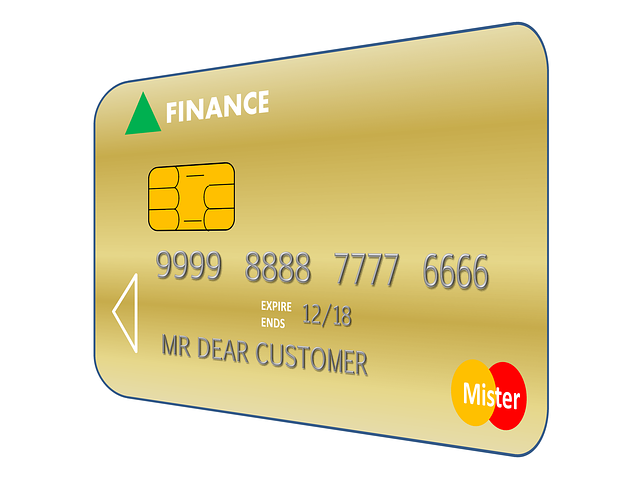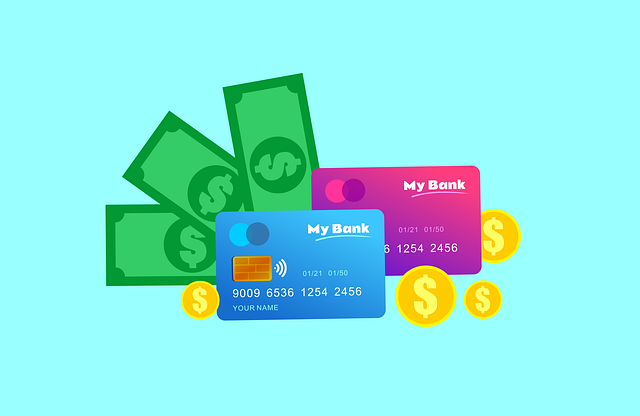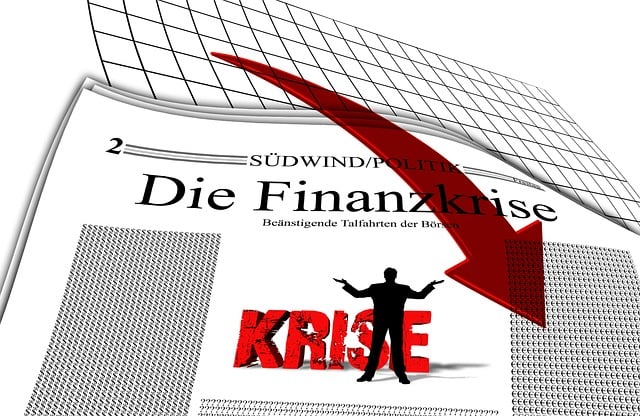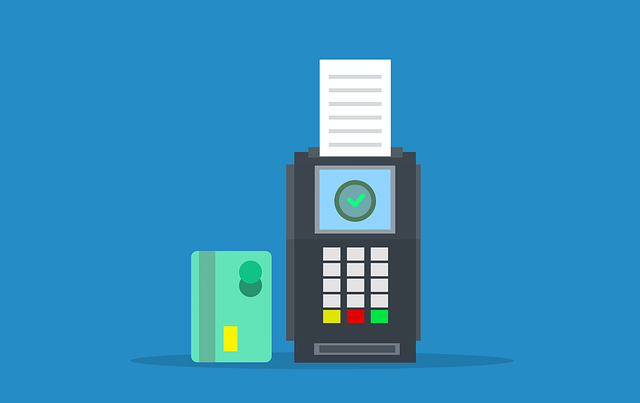Debt consolidation is a strategic move for South Africans to simplify multiple high-interest debts into one lower-rate loan, reducing overall borrowing costs and improving credit scores. It involves assessing income, expenses, and existing debts to explore options like personal loans or low-interest credit cards. This process streamlines repayment, saves on interest, and enhances financial stability, with the potential for further relief through lender negotiations and debt management programs.
Looking to simplify your South African debt burden? This guide explores effective strategies for consolidating your debt and slashing monthly payments. Debt consolidation can be a powerful tool to gain financial control, but understanding its intricacies is vital. We’ll walk you through assessing your current finances, evaluating various consolidation options like loans and credit cards, and implementing strategies to minimize repayment costs. Take control of your money and unlock financial freedom with our comprehensive insights into the South African debt consolidation landscape.
- Understanding Debt Consolidation: What It Entails and Its Benefits in South Africa
- Assessing Your Current Financial Situation for Effective Debt Consolidation
- Exploring Debt Consolidation Options: Loans, Credit Cards, and More
- Strategies to Reduce Monthly Payments and Achieve Financial Freedom
Understanding Debt Consolidation: What It Entails and Its Benefits in South Africa

Debt consolidation is a strategic financial move that simplifies and streamlines multiple debts into one single loan with a lower interest rate. In South Africa, where high credit costs can burden individuals and families, this process offers a viable solution to gain control over finances. By consolidating debt, borrowers can say goodbye to the hassle of managing several repayment schedules and reduce the overall cost of their borrowings.
The primary benefit lies in lowering monthly payments, making it easier to stay on top of repayments. This is especially beneficial for South Africans with diverse debt profiles, such as credit cards, personal loans, and store cards, each with varying interest rates. Consolidation simplifies this complexity, ensuring borrowers pay a single, more manageable amount each month. Additionally, debt consolidation can enhance credit scores over time, providing individuals with better borrowing power in the future.
Assessing Your Current Financial Situation for Effective Debt Consolidation

Before diving into debt consolidation, a thorough assessment of your current financial situation is crucial. This step involves understanding your income, expenses, and existing debts – both secured and unsecured. By crunching these numbers, you can gain valuable insights into where your money goes each month and identify areas for improvement. This isn’t just about creating a budget; it’s about analysing your spending patterns to uncover potential savings opportunities.
Debt consolidation works best when you have a clear picture of your finances. Once you know exactly what debts you’re dealing with, their interest rates, and minimum payment requirements, you can explore consolidation options that align with your financial goals. This might include personal loans, credit card debt consolidation, or even refinancing existing debts to secure better terms. Remember, the goal is to simplify your monthly payments and reduce overall interest costs, putting you on a path to financial stability.
Exploring Debt Consolidation Options: Loans, Credit Cards, and More

In South Africa, exploring debt consolidation options is a strategic move towards financial freedom. This process involves combining multiple debts into one, often with a lower interest rate and more manageable terms. One common method is through personal loans, which can be used to pay off credit cards, store cards, overdrafts, and other unsecured debts. By consolidating your debt this way, you simplify your repayments and potentially reduce the overall cost.
Another popular option is debt consolidation through credit cards. Some issuers offer balance transfer cards with low or no interest rates for a promotional period, allowing you to move high-interest debts to a new card and pay them off over time without incurring additional charges. This strategy requires careful management and discipline to ensure the balance is paid in full before the introductory period ends.
Strategies to Reduce Monthly Payments and Achieve Financial Freedom

When considering how to consolidate debt and reduce your monthly payments, there are several effective strategies to explore in South Africa. One common approach is to consolidate of debt. This involves combining multiple high-interest debts into a single loan with a lower interest rate, simplifying your repayment process. By consolidating, you can significantly decrease the overall cost of your debt over time and free up extra cash each month, which can be allocated towards other financial goals or savings.
Additionally, negotiating with lenders for lower interest rates or exploring debt management programmes can further reduce monthly payments. Credit counselling agencies often work with lenders to restructure debts, offering more affordable payment plans tailored to individual circumstances. Embracing these strategies not only eases the burden of repayments but also paves the way towards financial freedom and improved credit health.
Debt consolidation in South Africa offers a strategic approach to managing financial obligations. By understanding the process, evaluating your unique circumstances, and exploring diverse options, you can significantly reduce monthly payments and gain control over your finances. This article has provided valuable insights into debt consolidation, empowering you to make informed decisions towards achieving financial freedom. Remember, consolidating your debt is a powerful tool, but it’s essential to choose the right strategy tailored to your South African financial landscape.







